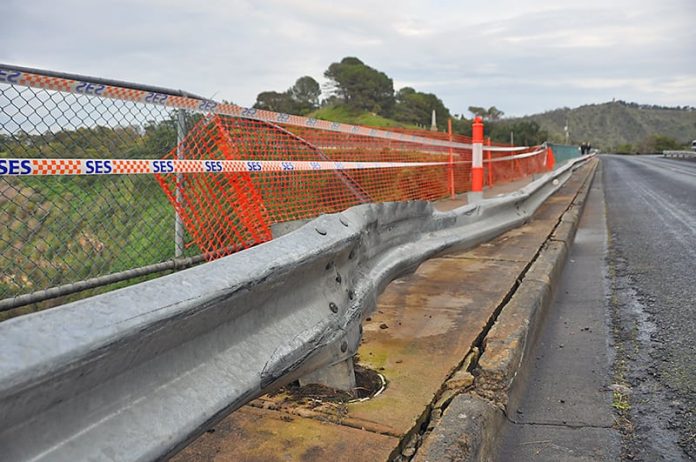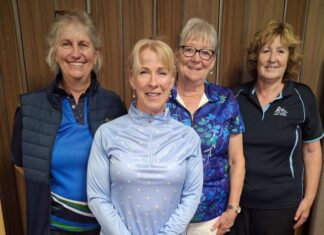THE high number of deaths and serious injuries on regional roads is the state’s “Achilles heel” prompting fresh calls for motorists to change their road use behaviour.
While deaths on rural roads have risen this year, fatalities across the state have decreased, with the lowest road toll ever recorded both in fatal and serious injury collisions since official records began in 1970.
In a press conference discussing the 2018 road toll, Assistant Commissioner Brian Fahy said a disproportionate number of road deaths – more than two-thirds – were in regional South Australia.
He said it was “disturbing” that many of the victims “were actually deemed to be local to the area and hence knew the area”.
“We analyse the information we have a lot and that is how we identify the trend,” Mr Fahy said.
“Certainly we have identified the trend of the country areas is problematic, so there has been and there will be a greater focus on country regions.”
While not singling out a specific cause, Mr Fahy said the five fatal causes of road trauma – drink and drug driving, speeding, distraction, seatbelts and dangerous driving – measured very highly in collisions.
Mr Fahy dismissed notions actions involving the fatal five were mistakes, saying they were “bad choices”.
“You know if you have taken drugs or alcohol before driving,” he said.
“You know if you are not wearing a seatbelt.
“You know if indeed you are driving dangerously and so to continue along that path is down to a bad choice, not a mistake.
“A fine is one thing, but being involved in a collision that kills or seriously injures someone has much, much higher consequences.”
Mr Fahy urged drivers to reflect on their driving behaviours, actions and responsibilities.
“It is about people accepting the responsibility they have on the road that not only they could kill or injure themselves, but they could kill or injure other people,” he said.
“It is about people just reflecting for a moment on where they are at a given point in time and whether indeed they are tired, they should stop and rest.
“If they are not wearing their seatbelt – put on their seatbelt.”
Mr Fahy was joined by Police and Emergency Services Minister Corey Wingard, who said the regions were “probably part of the road safety element that was not as good as it could have been”.
Mr Wingard said police, the Transport Department and the State Government would work as a collective to see the road toll decrease further.
He said the road safety components previously administered by the Motor Accident Commission (MAC) – including roadside billboards – would be transferred to police and the transport department.
Funding will also be crossed to the existing agencies.
“The Labor Government sold off MAC so it has been left as a shell of what it was and as far as the promotions and safety elements around the advertisements, that will be absorbed between SAPOL and also DPTI (Department of Planning and Infrastructure),” Mr Wingard said.
“Extra resources will go into delivering those programs.
“We will make sure our roads are as safe as they can possibly be.
“Police will police the roads as they always do and doing that road safety messaging work as well.”








